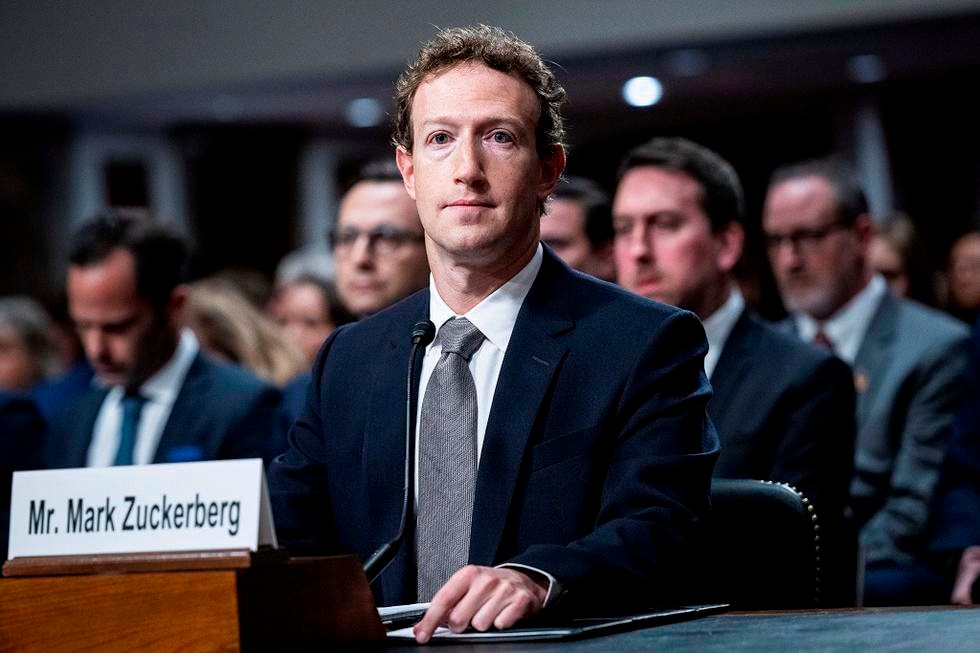
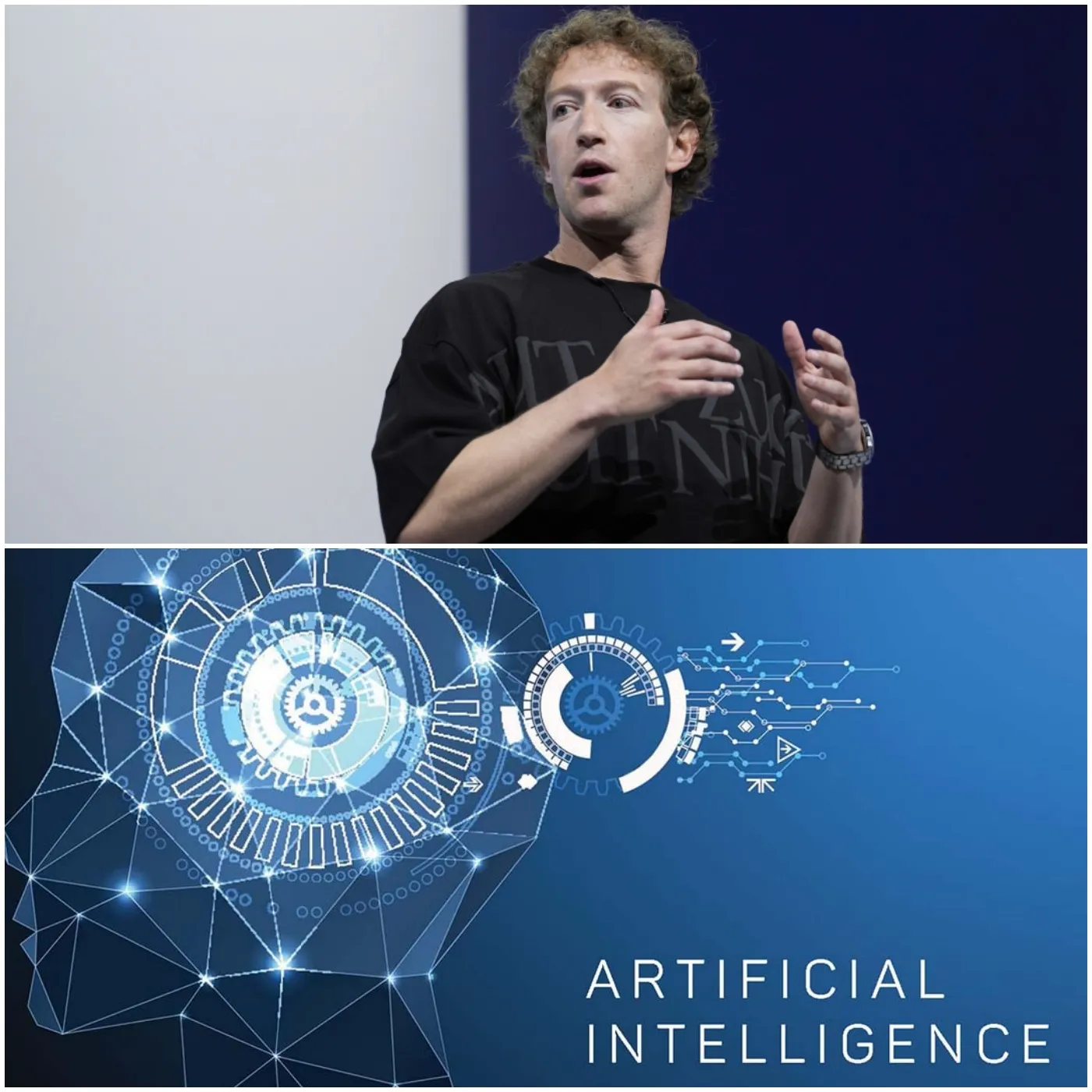
Mark Zuckerberg Predicts AI Will Replace Mid-Level Engineers at Meta
Artificial intelligence (AI) is rapidly transforming industries worldwide, and the tech sector is no exception. Recently, Meta CEO Mark Zuckerberg made a bold prediction about AI’s future role in software development, suggesting that mid-level software engineering roles might soon be handled by AI models. This shift, mirrored by companies like Salesforce, underscores a broader trend toward automation and efficiency in tech.
Zuckerberg’s Vision: AI as the New Mid-Level Engineer
On The Joe Rogan Experience podcast on January 10, Meta’s CEO Mark Zuckerberg shared his thoughts on the future of AI in the tech industry. He suggested that AI models could soon take over mid-level software engineering roles—not only at Meta but across the entire tech sector.
“Maybe by 2025, Meta and other companies are working on this,” Zuckerberg said. “There will be an AI model that works like a mid-level engineer, with the level of someone who can write code proficiently.”
This vision aligns with Meta’s overarching goal of automating programming tasks to increase efficiency and reduce costs.
The Economics of AI in Software Development
Implementing advanced AI systems is not without challenges. The initial development phase demands substantial investment, including high-end computing infrastructure and specialized talent. However, Zuckerberg believes Meta will soon reach a “point” where AI can operate independently, manage processes, and autonomously plan projects.
Short-Term Costs vs. Long-Term Gains
Initial Costs: Developing AI systems capable of mid-level coding proficiency requires advanced technologies, extensive data training, and a robust computing framework. These investments contribute to short-term financial strain.
Future Savings: Once the AI reaches operational stability, costs are expected to drop sharply. Automating software engineering roles could significantly reduce salary expenses. According to Levels.fyi, Meta currently pays mid-level software engineers six-figure salaries, with senior engineers earning up to $1.2 million annually. Replacing these roles with AI could lead to massive financial savings.

Salesforce’s Strategic AI Shift: Productivity Up by Over 30%
Meta is not the only tech giant exploring AI’s potential. In a parallel move, Salesforce recently announced a hiring freeze for software engineers through 2025. The decision was influenced by increased productivity from AI tools, which have already led to impressive efficiency gains.
Introducing Agentforce: AI-Powered Task Automation
Salesforce is currently developing Agentforce, an autonomous AI agent designed to integrate with enterprise data and automate tasks in:
– Sales: Streamlining sales processes and improving lead management.
– Customer Service: Enhancing response times and support quality.
– Marketing: Automating campaign management and analytics.
– Commerce: Simplifying transactions and improving customer experiences.
Marc Benioff, Salesforce’s co-founder and CEO, expressed his excitement over AI’s impact:
“With AI tools in place across our engineering teams and functions, including Agentforce, we’ve increased productivity by over 30% by 2024, which is incredible. I can’t believe what we’re doing,” he wrote in a company blog post on December 17, 2024.
Focusing on Human-Centric Roles
With AI managing technical tasks, Salesforce plans to shift its hiring focus to human-driven roles, particularly in sales. Benioff aims to bring on 1,000 to 2,000 new salespeople in the short term.
“Everything at Salesforce is now geared toward Agentforce. It’s the only thing that really matters right now,” he emphasized.
This shift reflects a broader industry trend where AI adoption is leading to workforce restructuring, reducing demand for technical roles while boosting needs in customer-facing positions.
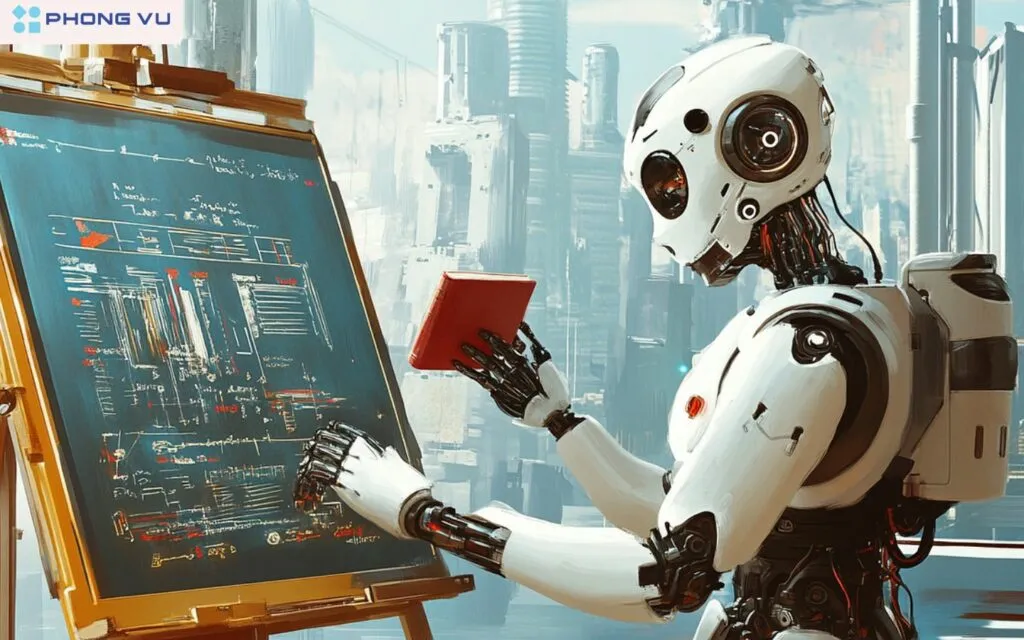
The Uncertain Future for Programmers
The rapid advancement of AI is reshaping the job market, especially for programmers who were once highly sought after. As companies increasingly rely on AI, traditional coding roles may face significant changes.
Companies Opting for AI Over Human Coders
Klarna, a Swedish online finance company, announced last year that it had stopped hiring software engineers, stating that “AI can do everything.” Similarly, reports from Business Insider indicate growing concerns among tech employees about AI’s potential to “steal” jobs, contributing to widespread layoffs in recent years.
The Broader Employment Impact of AI
AI’s influence is not limited to software development. Predictions from leading institutions highlight a global shift in employment patterns as AI technologies become more capable and widely adopted.
Eye-Opening Statistics:
– McKinsey & Company (2023): Estimated that 12 million Americans might need to change careers or face unemployment by 2030 due to AI advancements.
– International Monetary Fund (IMF, 2024): Predicted at the World Economic Forum that over 40% of the global workforce could be impacted by AI by 2030.
These statistics emphasize the need for workforce adaptability as AI continues to evolve.
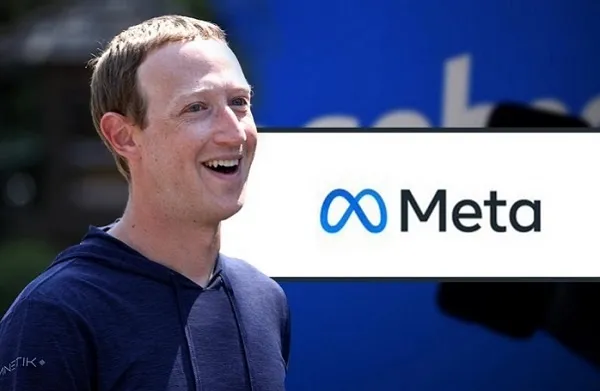
The Enduring Value of Human Expertise
Despite AI’s growing capabilities, certain fields remain distinctly human-centric. Experts agree that areas requiring strategic thinking, complex problem-solving, and social interactions will still rely heavily on human talent.
Human Touch in Complex Situations
Professor Yoshua Bengio, speaking at an AI event in Vietnam, noted:
“Complex application fields, with social factors and affecting people, will still be where humans are mainly responsible. AI supports in designing technology, but that is completely different from understanding and handling the social context in which technology is applied.”
Meanwhile, Truong Gia Binh, Chairman of FPT, advocated viewing AI as an “ally” rather than a threat. He emphasized the importance of continuous learning and adaptation to remain competitive in the evolving job market.
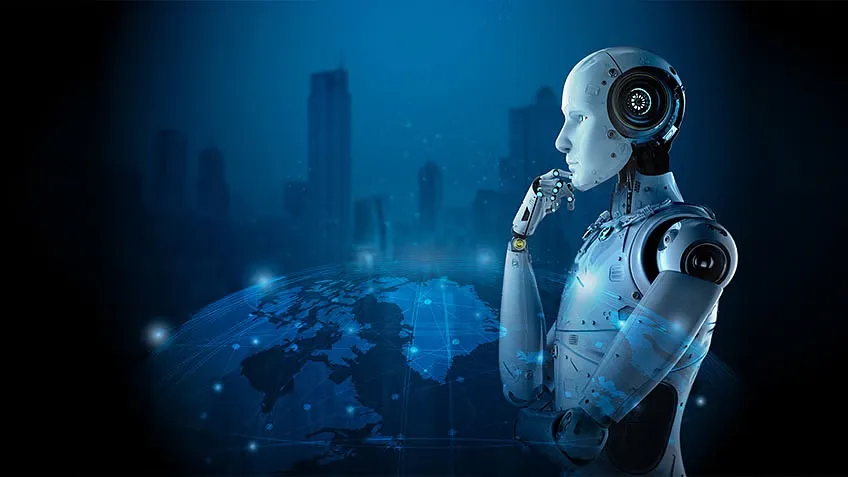
Preparing for the AI Era: Key Skills for Professionals
To thrive alongside AI, professionals need to:
– Understand AI and Machine Learning: A basic understanding of how AI works is increasingly valuable across industries.
– Develop Analytical Skills: Being able to interpret AI outputs and apply them strategically is crucial.
– Enhance Problem-Solving Abilities: While AI can assist in processes, human ingenuity is irreplaceable in complex scenarios.
These skills not only boost job security but also create new opportunities in tech-driven industries.
Embracing AI as a Partner, Not a Competitor
The tech industry is at a crossroads, with AI driving profound transformations. While automation may replace some roles, it also presents new opportunities for professionals willing to adapt.
For companies like Meta and Salesforce, leveraging AI to enhance efficiency and redirect human talent to strategic roles is a forward-thinking strategy. For employees, staying competitive means embracing AI as a tool rather than a threat and investing in lifelong learning to navigate the changing landscape successfully.
By adopting this mindset, the future of work could become not only secure but also more dynamic and innovative than ever before.









